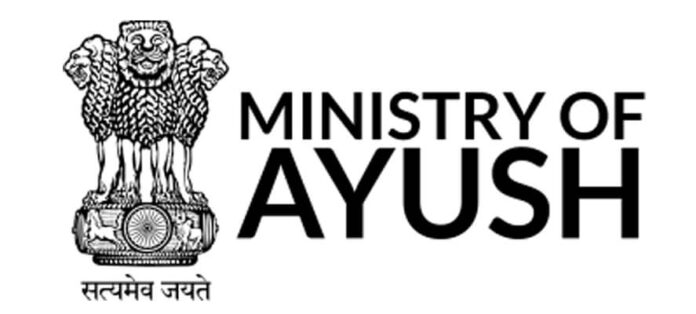A total of 170 AYUSH treatment packages will soon be incorporated into the government’s Ayushman Bharat health insurance scheme, according to Ayush Minister Prataprao Jadhav, who announced that consultations are nearing completion. Additionally, specialized medical stores, similar to ‘Janaushadhi Kendras,’ will be established at the tehsil level to ensure easy access to Ayush medicines.
“These stores will provide a range of herbal and traditional medicines, enhancing public healthcare in both urban and rural areas,” Jadhav said during a press briefing on the first 100 days of the new government.
He also mentioned ongoing discussions with insurance companies to finalize the cost structures of the AYUSH treatment packages, which will soon be available to AB-PMJAY beneficiaries. The National Health Authority (NHA) is in the final stages of these consultations.
The 170 AYUSH treatment packages will cover non-communicable diseases like diabetes and hypertension. The Ayushman Bharat Pradhan Mantri Jan Arogya Yojana (AB-PMJAY), India’s largest publicly funded health insurance scheme, provides coverage of Rs 5 lakh per family annually for secondary and tertiary hospital care to 12 crore families.
Jadhav further noted that a Strategic Purchasing Committee has been established to determine cost structures and ensure affordable Ayush treatment. Meetings between the NHA and the Ministry of AYUSH have been held to discuss the implementation of the AYUSH packages under AB-PMJAY, with input from various states and union territories.
As reported by health.economictimes.indiatimes, the minister highlighted the ministry’s efforts to organize 10,000 Ayush camps for the elderly within the first 100 days, surpassing the target with 14,692 camps nationwide. These camps offered free consultations, therapies, and guidance on holistic health through Ayurveda, Yoga, Unani, Siddha, and Homoeopathy.
Jadhav also shared updates on the establishment of the National Institute of Ayurveda in Panchkula, Haryana, a premier teaching and research institution with a 250-bed hospital, funded with a Rs 294.91-crore investment. Preliminary work for setting up Central Research Institutes for Yoga and Naturopathy (CRIYN) in Odisha, Chhattisgarh, and Andhra Pradesh is also underway.
In addition, the minister announced that a donor agreement was signed between the Ministry of Ayush and the World Health Organization (WHO) on July 31, 2024, at WHO’s Geneva headquarters. This partnership reflects India’s commitment to integrating Ayush systems into global healthcare, aiming to strengthen evidence-based traditional medicine.
He also mentioned an MoU between India and Vietnam, signed in the presence of Prime Minister Narendra Modi on August 1, 2024, focusing on cooperation in medicinal plants. Another agreement on Ayurveda was signed between India and Malaysia, promoting research and knowledge exchange in traditional medicine, marking a new phase in bilateral relations.
On August 6, 2024, the Pharmacopoeia Commission for Indian Medicine & Homoeopathy (PCIM&H) and the Indian Pharmacopoeia Commission (IPC) signed an MoU to implement the ‘One Herb, One Standard’ initiative, which aims to standardize herbal medicines and enhance the safety and efficacy of drugs across India.
Lastly, Jadhav mentioned the ministry’s “Har Ghar AyurYog” initiative, which promotes Ayurveda and Yoga, with a focus on including yoga in the Fit India School certification program.
























